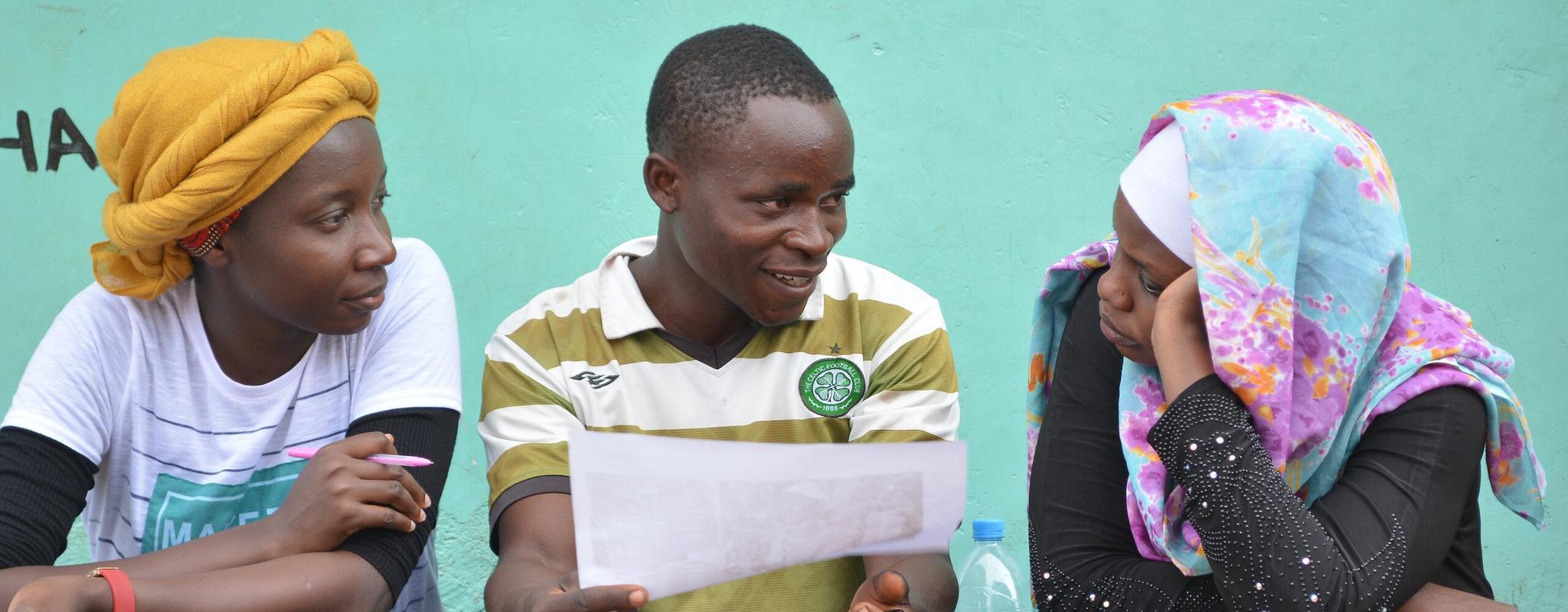
Involving young people in health research
This study explores the role, benefits and potential of young people’s involvement in health research, with a focus on mental health, infectious diseases and global heating.
It provides recommendations on how to meaningfully involve young people in research, and what it means to do that well.
What's inside
- Findings from a rapid evidence review of 187 academic papers on young people's involvement in health research, with a focus on mental health, infectious diseases and global heating.
- Recommendations on how to strengthen young people's involvement in health research from 146 stakeholders across 18 countries, including India, Indonesia, Kenya, Senegal, South Africa and Vietnam.
Who this is for
- funders
- researchers
- NGOs and youth advocacy organisations
- policy makers
- global health community.
Key findings
The academic literature on young people's involvement in health research is still emerging, with most articles published in the last five years.
- The majority of published health research that involves young people takes place in high-income countries.
- Young people are more likely to be involved in research on mental health than research on infectious diseases or the health implications of global heating/climate change.
- Most published research does not report on the background of the young people who have been involved, so it is difficult to conclude how inclusive it has been.
- Young people are most frequently involved in research design and data collection, and less frequently involved in agenda-setting and dissemination/translation of findings.
- Young people tend to have some control over decision-making in health research, but typically less than adults.
Young people's involvement in health research benefits the research, the young people themselves, and their communities.
- Young people can better identify research questions and methods that fit their peers' needs and experiences because they understand their preferences and capabilities.
- Those involved in research feel more empowered, have improved career and academic outcomes, and have increased understanding of health issues.
- Young people's involvement can increase community awareness of particular problems and, in some cases, influence communities to take action to address these.
There are a number of practical recommendations on how to strengthen young people's involvement in health research.
- Develop a new standard among funders on how young people's involvement should be supported.
- Offer training and other capacity building activities to young people and researchers on how they can work together most effectively.
- Strengthen networks focused on involving young people in health research.
- Improve monitoring and evaluation by building a library of resources and piloting new approaches.
- Provide support that is tailored to young people in low- and middle-income countries, and strengthen the involvement of a diverse range of people.
- Involve young people in internal agenda-setting and funding decisions.
Downloads
- An inquiry into involving young people in health research: executive summary
- A rapid evidence review of young people's involvement in health research
- Stakeholder consultation on involving young people in health research
- The role of young people in Wellcome's new strategy: workshop presentation
- Young people’s engagement in climate change and health in Africa and Asia
40% of the global population is under 24 and nearly 90% of the population aged 10-24 lives in developing countries. We hope that the findings of this study will help Wellcome, other funders and researchers to meaningfully involve young people in health research so they can take their rightful place in shaping the research and the world they live in.
Infographics
Click images to open gallery
